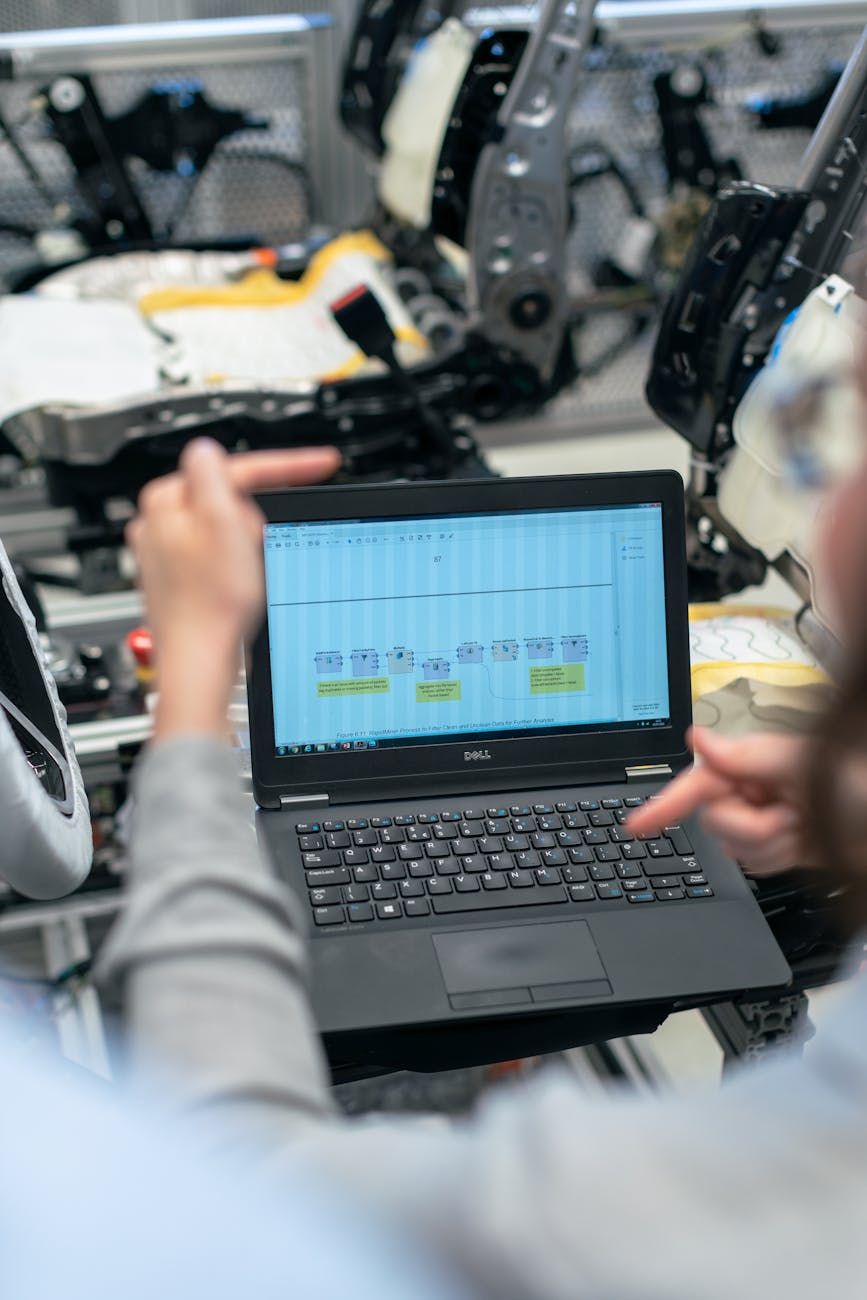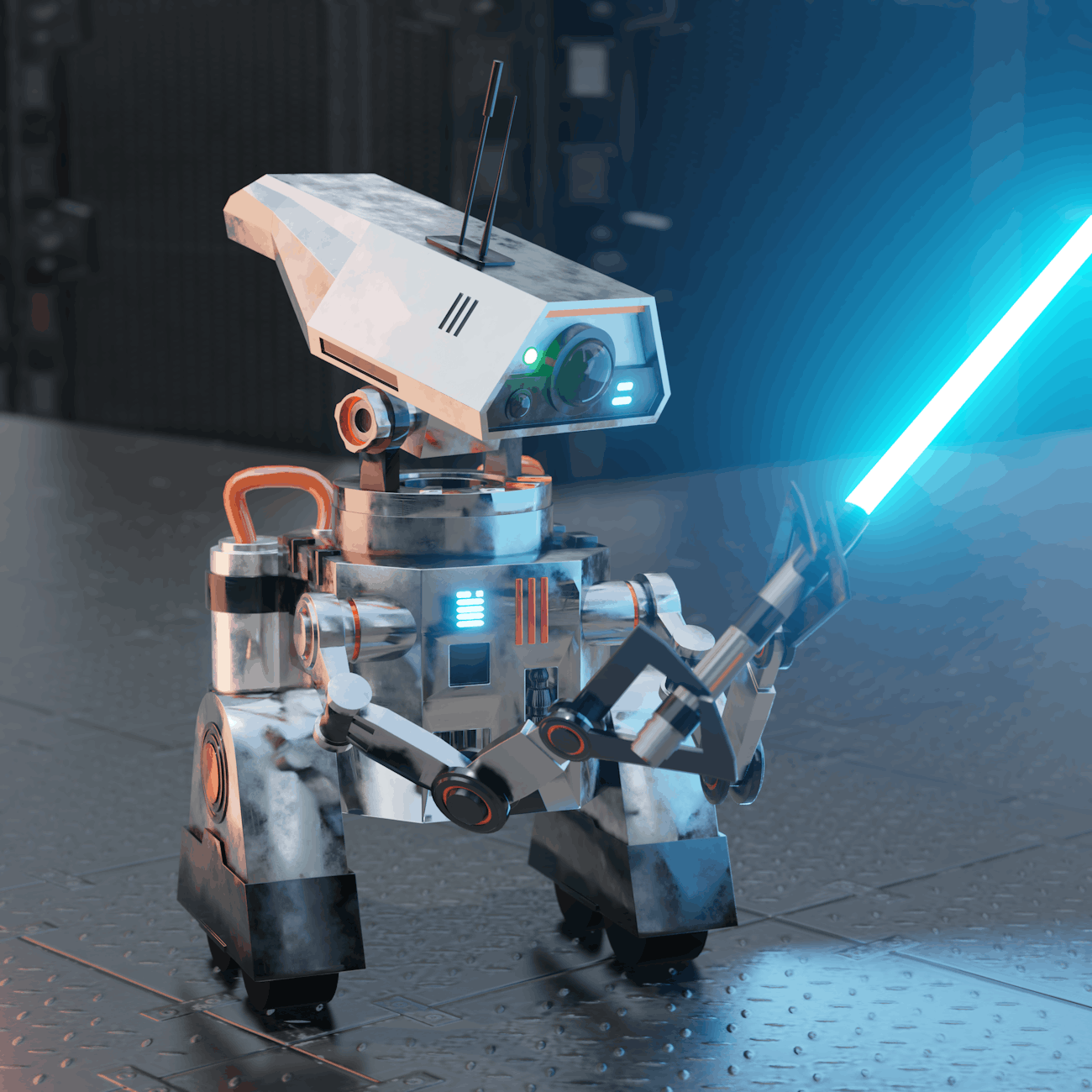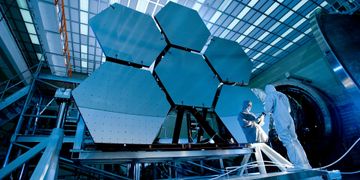The Rise of Artificial Intelligence in Manufacturing: Transforming the Industry in 2025



In recent years, the manufacturing industry has been experiencing a dramatic transformation with the rapid advancements of technology, particularly Artificial Intelligence (AI). By the year 2025, AI is expected to play a crucial role in reshaping the landscape of manufacturing, leading to increased efficiency, enhanced productivity, and significant cost reductions.
Automation has been a key driver in the integration of AI in manufacturing processes. Robotics and AI-powered machines are revolutionizing factories by taking over repetitive tasks, thus allowing human workers to focus on more complex and creative aspects of production. This shift towards automation is not only increasing the speed of manufacturing but also improving the overall quality of products.
Demand forecasting is another area where AI is making a significant impact in manufacturing. By analyzing historical data and market trends, AI systems can accurately predict future demand, helping manufacturers optimize their production schedules and inventory management. This predictive capability enables companies to respond swiftly to changing market demands, reducing the risk of overproduction or stockouts.
Digital twins are virtual replicas of physical devices or processes that allow manufacturers to simulate and optimize production scenarios. By creating digital twins of their factories, companies can identify potential bottlenecks, test different production strategies, and improve overall efficiency. This technology empowers manufacturers to make informed decisions that enhance productivity and streamline operations.
Smart factories, powered by AI and Internet of Things (IoT) technology, are revolutionizing the manufacturing industry. These connected facilities leverage real-time data collection and analysis to monitor equipment performance, predict maintenance needs, and optimize energy consumption. Smart factories enable manufacturers to achieve higher levels of automation, reduce downtime, and improve resource efficiency.
Big data is another valuable asset that AI brings to manufacturing companies. By analyzing large volumes of data from various sources, including production processes, supply chains, and customer feedback, manufacturers can gain valuable insights that drive informed decision-making. This data-driven approach enables companies to improve product quality, optimize resource allocation, and enhance customer satisfaction.
Cost reduction is a key benefit of implementing AI in manufacturing operations. By automating repetitive tasks, optimizing production schedules, and reducing waste, AI technologies help companies lower their operational costs while maintaining high levels of productivity. The ability to identify inefficiencies and implement targeted improvements allows manufacturers to achieve significant savings in both time and resources.
Sustainable manufacturing practices are becoming increasingly important in the industry, and AI is playing a crucial role in driving this transformation. By optimizing energy consumption, reducing waste, and enhancing resource efficiency, AI-powered systems enable manufacturers to minimize their environmental footprint. Sustainable manufacturing not only benefits the planet but also enhances brand reputation and attracts environmentally conscious consumers.
Supply chain innovation is another area where AI is revolutionizing the manufacturing industry. By leveraging AI algorithms to optimize supply chain networks, manufacturers can streamline operations, reduce lead times, and improve overall efficiency. AI-powered supply chain management systems enable companies to respond quickly to market changes, mitigate risks, and deliver products to customers in a timely manner.
In conclusion, the rise of Artificial Intelligence in manufacturing is transforming the industry in profound ways. By embracing AI technologies such as automation, demand forecasting, digital twins, robotics, smart factories, big data analytics, and supply chain innovation, manufacturers can revolutionize their operations, achieve significant cost reductions, and drive sustainable manufacturing practices. The future of manufacturing is AI-driven, and companies that harness the power of AI will emerge as leaders in the industry in 2025 and beyond.





